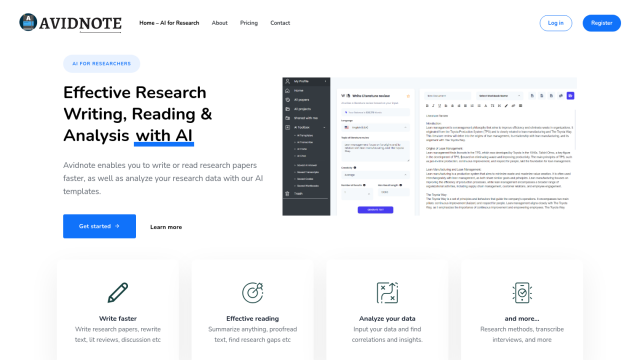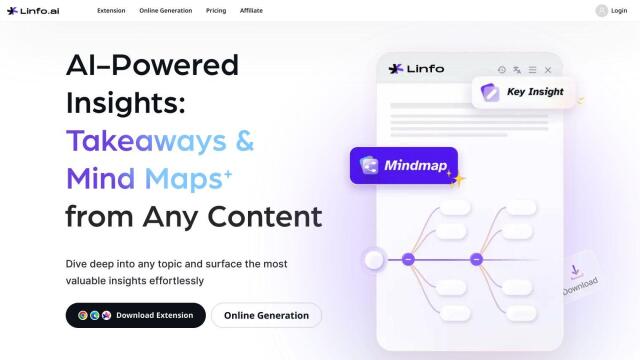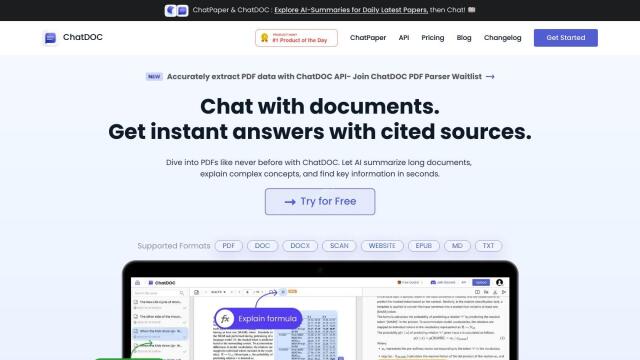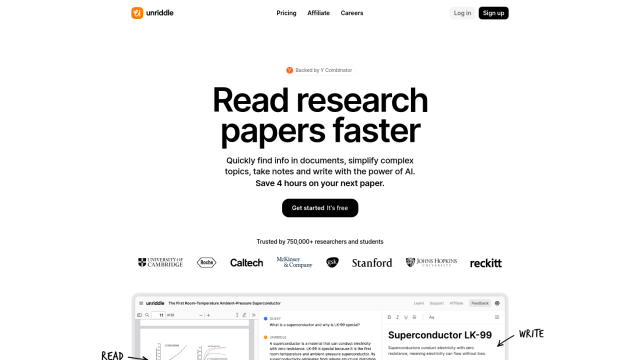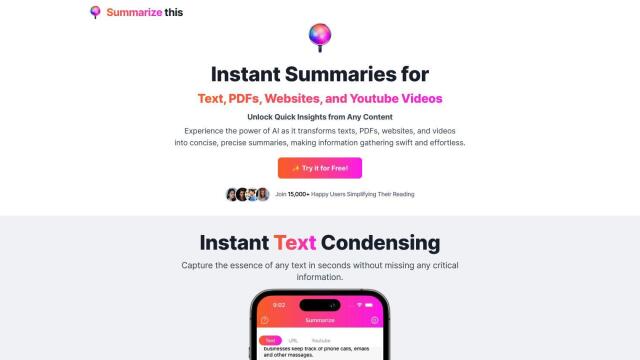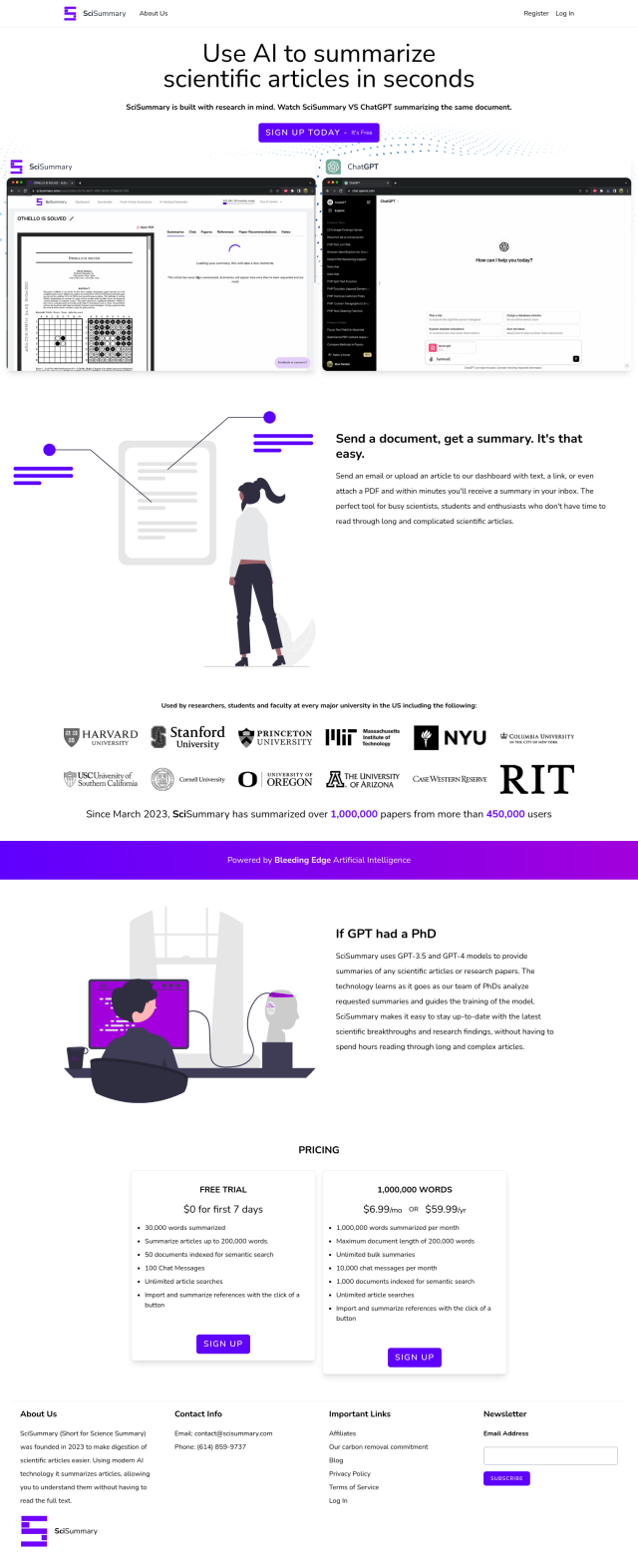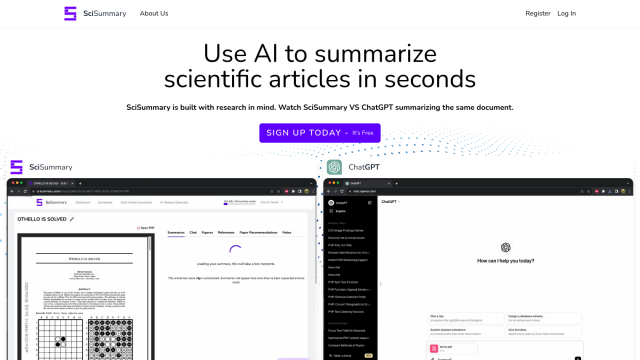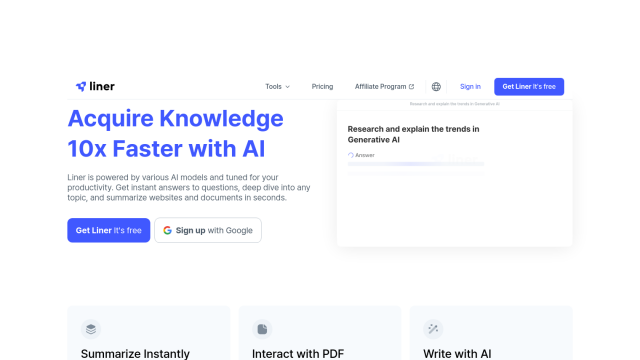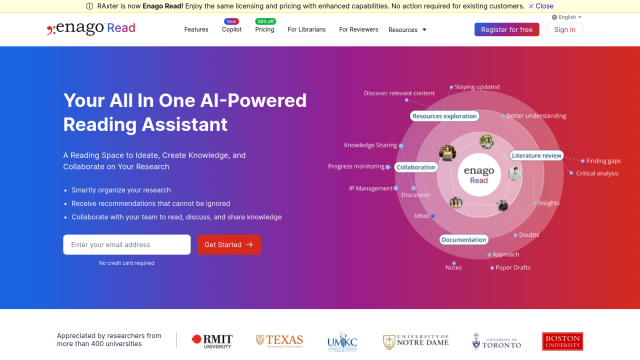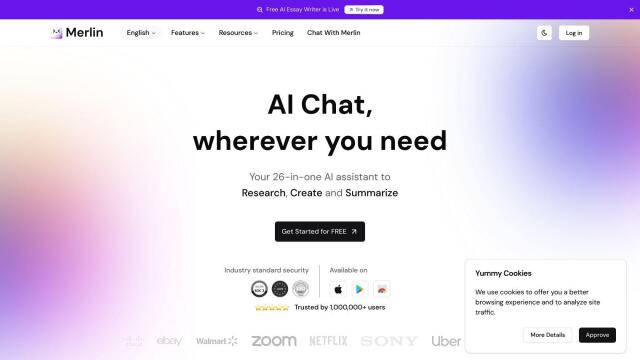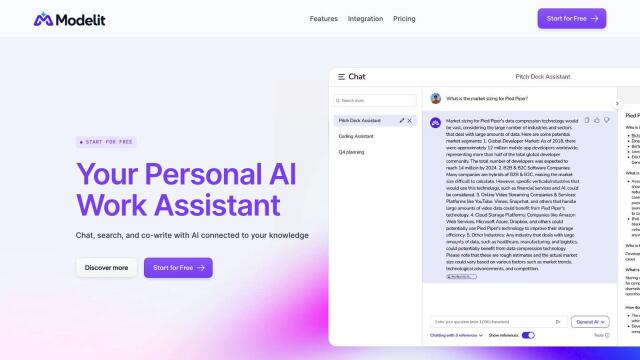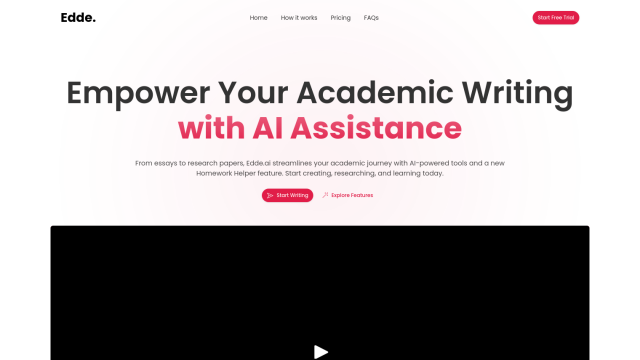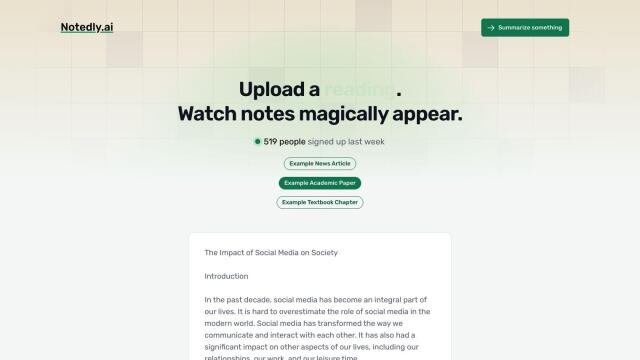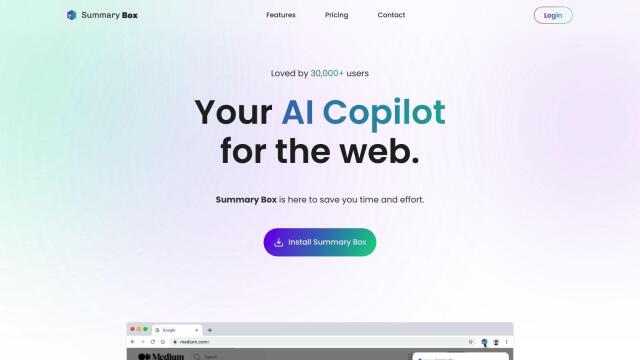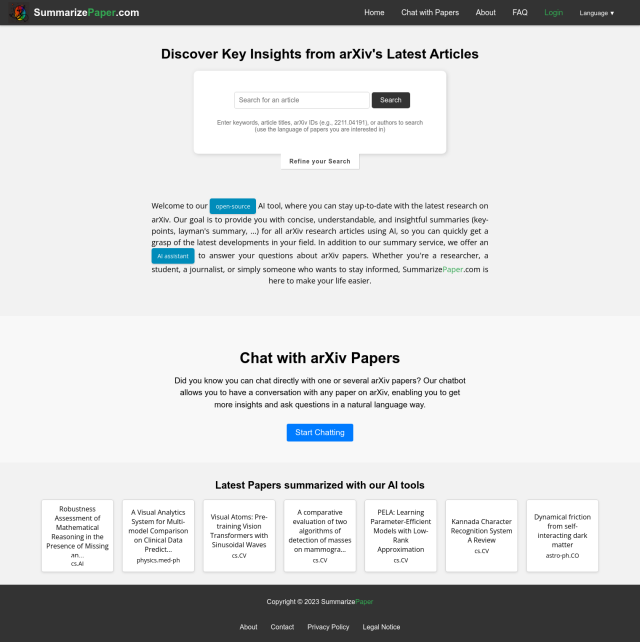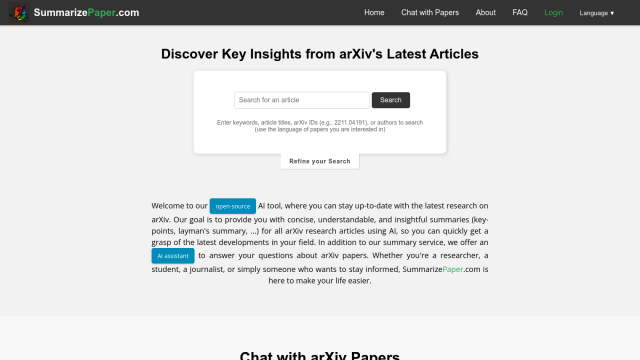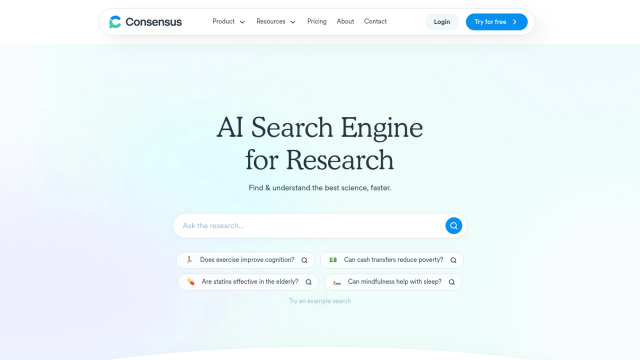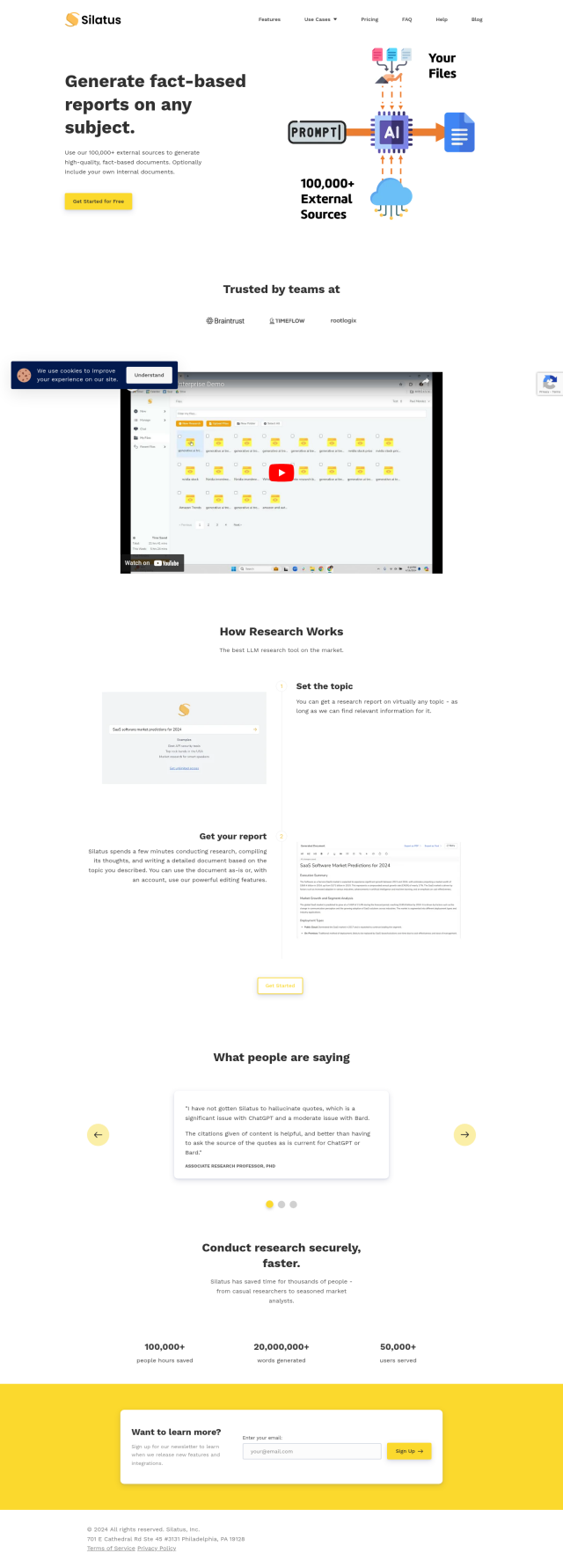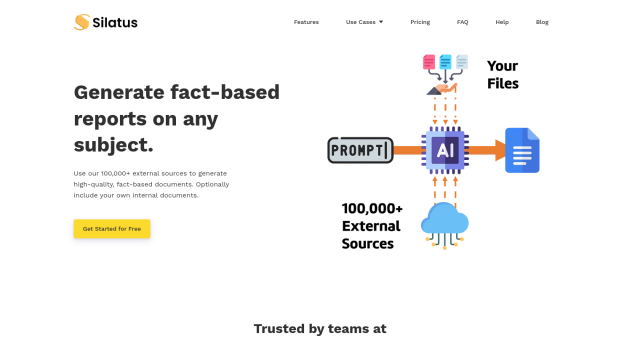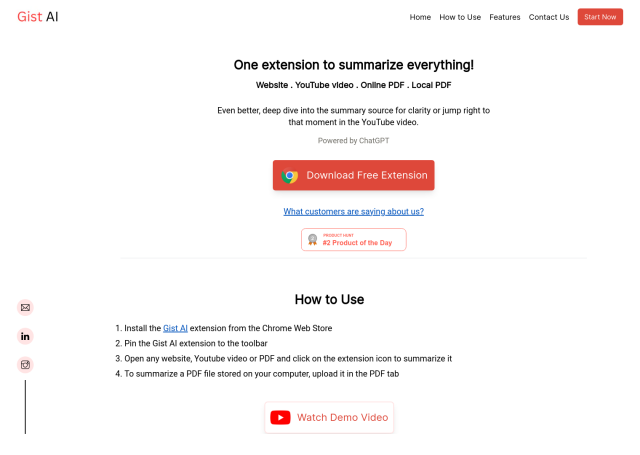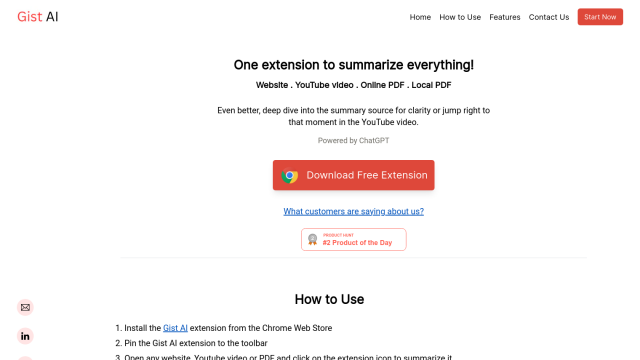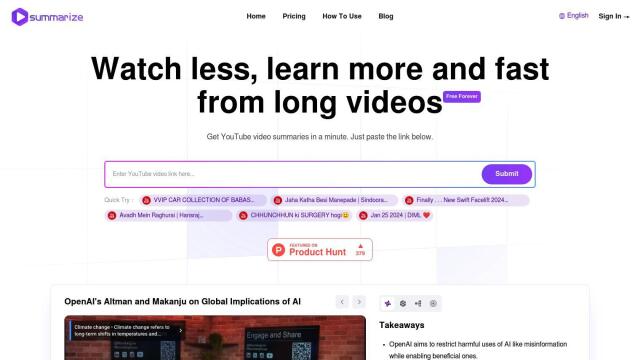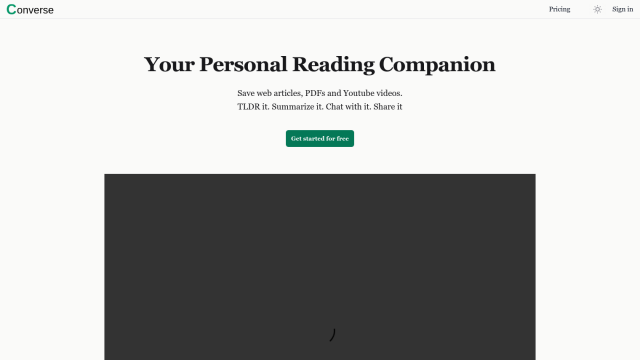Question: I'm looking for an AI tool that can help me organize and summarize large amounts of information for research projects.


Otio
If you need an AI tool to help you process and summarize lots of information for research, Otio is a great option. Otio is an AI-first workspace for research that can automatically summarize documents, use AI to help you edit text, and tag documents. It works in more than 20 languages and can process long documents like hourlong videos and PDFs, so it's a good choice for researchers, students and analysts.

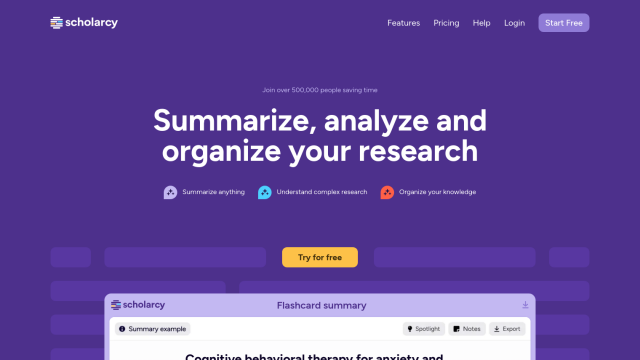
Scholarcy
Another option is Scholarcy, which is geared for academic papers. It offers interactive flashcards summarizing papers, supports multiple file formats and has more-advanced features like customizing summaries, taking notes and generating bibliographies. Scholarcy Plus offers unlimited summarization, more-advanced summaries and flashcards you can save, so it's a good option for students and researchers.

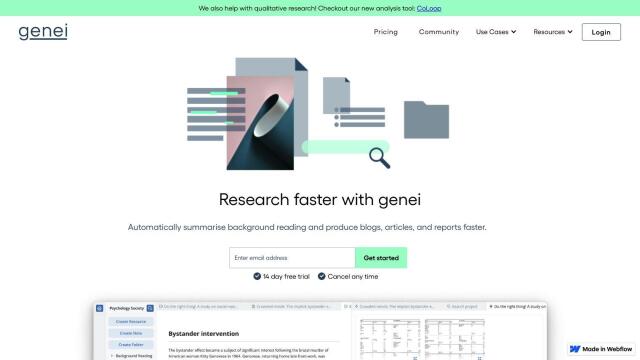
genei
If you're looking for a tool that's geared more for note-taking and summarizing articles, genei is worth a look. It'll automatically summarize articles, analyze research and extract key information, and you can annotate and highlight text and tag keywords. Genei is good for professional writers, academics and researchers who want to try to get a handle on their research and writing.

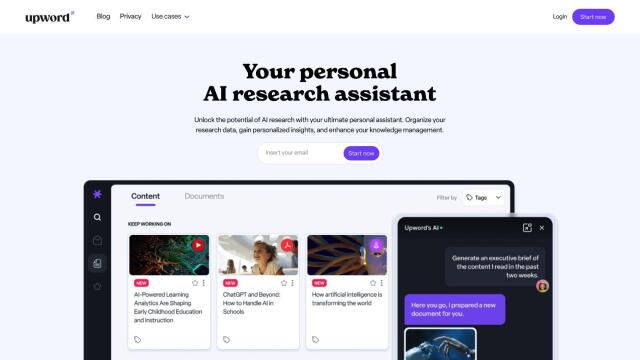
Upword
Last, Upword offers a broader platform to try to improve your knowledge management and research workflow. It includes an AI search engine, document summarization, a browser extension to summarize web pages, and translation. Upword is good for students, researchers and professionals who want to try to get more out of their research and make better decisions.

